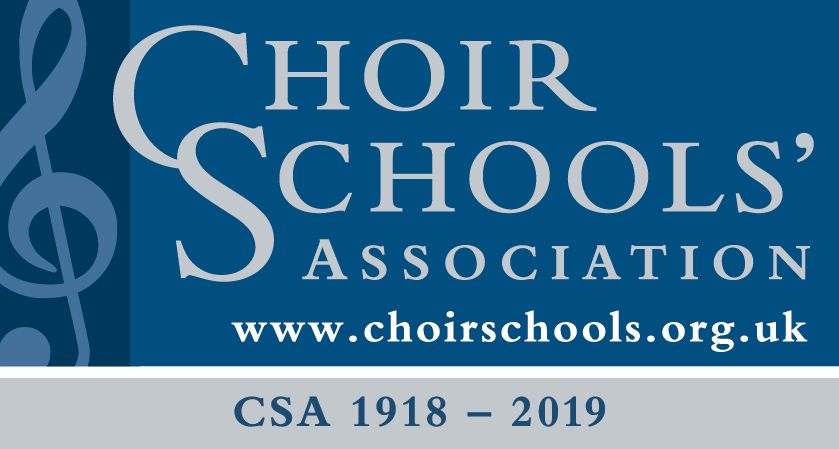Chemistry
Fourth Form (Years 7 and 8)
In Lower and Upper 4, pupils follow a bespoke course designed to build a foundation of essential skills, encouraging them to connect Chemistry with the world around them. Using
Exploring Science International
resources, pupils develop practical, mathematical and literacy skills based around focused Chemistry topics and integrated activities. The Lower and Upper 4 courses provide a solid foundation for progression to the GCSE Combined Science course in Lower 5.
Topics covered in Lower and Upper 4:
- Mixtures and Separation
- Acids and Alkalis
- The Particle Model
- Atoms, Elements and Molecules
- Combustion
- The Periodic Table
- Metals and their Uses
- STEM skills - Nanoparticles
Fifth Form (Years 9, 10 and 11)
Our Chemistry scheme of learning strives to ignite curiosity, nurture practical skills, and instil a lifelong love for scientific inquiry. Learners are guided through the intricacies of chemical principles through a combination of practical and theory lessons, developing understanding of the fascinating world of atoms, molecules, and reactions and the chemistry around us in everyday life. For those who wish to continue their studies with A-level Chemistry, IGCSE Chemistry provides excellent all-round preparation in organic, physical and inorganic chemistry for a successful transition.
In
Lower 5 Science, Biology, Chemistry and Physics are taught separately for the first year of the Edexcel GCSE Combined Science course. Specification here:
GCSE Combined Science (pearson.com)
The topics covered in
Lower 5 are: States of Matter; Methods of Separating and Purifying Substances; Atomic Structure; The Periodic Table; and Acids and alkalis.
As part of the GCSE options process from 2025, pupils entering Middle 5 choose to either continue with Edexcel Combined Science (two GCSEs) or to take separate Edexcel IGCSE Physics, Chemistry and Biology qualifications (three separate GCSEs).
The Edexcel IGCSE Chemistry topics covered in
Middle 5 are:
- Rates of reaction
- Calculations involving masses and gases
- Chemical Structures
- Alkanes, alkenes and crude oil
- Acids, bases and salts
- Chemical analysis
- Reactivity series
Link to specification:
International GCSE Chemistry 2017 Specification
Edexcel GCSE Combined Science topics covered in
Middle 5 are:
- Rates of reaction · Calculations involving masses
- Fuels
- Types of substance
- Groups in the Periodic Table
- Earth and atmosphere science
Specification link Combined Science:
GCSE Combined Science
In 2025-26, the majority of pupils in Upper 5 study Edexcel IGCSE Chemistry as a separate GCSE, with a minority studying for the Edexcel Science (Double Award) qualification in their Biology, Chemistry and Physics lessons. Specification link for Double Award Science:
Pearson Edexcel International GCSE in Science (Double Award)
Sixth Form
Chemistry in Lower 6
Our A-level course is designed to train the pioneering chemists of the future. The study of Chemistry at A-level develops many important skills including logical thinking, analysis of evidence, making connections, data processing and manipulative skills in practical work. Such skills are advantageous in a wide range of careers and advanced academic pursuits.
The course we teach is the OCR Specification A, with public examinations taken at the end of Upper 6. These are:
- Periodic table, elements and physical chemistry (01), 100 marks, 2 hr 15 min
- Synthesis and analytical techniques (02), 100 marks, 2 hr 15 min
- Unified chemistry (03), 70 marks, 1 hr 30 min
We recognise that pupils will have studied a variety of different courses previously, and so much of the first term of Lower 6 is devoted to ensuring that the foundations of the subject are solid and secure.
Link to Relevant External Exam Boards
Edexcel GCSE Combined Science GCSE Combined Science (pearson.com)
OCR Chemistry A-level AS and A Level - Chemistry A - H032, H432 - OCR
Edexcel IGCSE Chemistry
International GCSE Chemistry 2017 Specification (pearson.com)
Where the subject can take you
A Future in Chemistry – Making the Difference
Chemistry uses scientific evidence to influence changes in our behaviour and find solutions to make things better or more efficient, whether it’s what you eat and drink, how you travel or what you need to be well.
- Chemists are the catalysts to drive change, whether that’s through work as an Environmental Scientist or a Patent Attorney to building a better world around us.
- Chemists innovate and develop technology for industry and business, developing new materials to make more efficient batteries and using computer modelling to efficiently assess the risks of chemicals to keep people safe.
- Chemists make a difference in prolonging life and health – bringing new medicines and medical devices to market and cutting air pollution.
Studying chemistry provides a range of useful skills and knowledge that are highly valued by employers in all sectors and in lots of different jobs. Alongside specialised scientific and technical knowledge, Chemistry also teaches you how and why things happen, and how things interact with each other through practical experiments. These experiences help develop problem-solving skills, logical thought processes, time and project management, as well as managing relationships and expectations. Studying Chemistry will develop communication skills through written and spoken word when writing reports, giving presentations and working in a group. These skills will stand you in good stead in the workplace, interacting with individuals and groups to tackle complex problems. Numeracy features heavily in the study of Chemistry and this essential skill is valued by employers in a wide range of careers. Throughout your studies in Chemistry, you will learn to understand and use computer software and models to collate and process data. All of these broad skills will be invaluable in your future career.
Trips
Many of our extra-curricular activities take place in school. Our sixth-form enrichment sessions involve interactive on-line lectures from different universities, covering wide ranging topics, from ocean acidification, to chiral molecules in food, and pharmacology. We enter a team of sixth-form chemists in the Cambridge Chemistry race which takes place in the lecture theatres at Cambridge University.
Fourth Form Stem activities are provided the Lower 4 Science and Upper 4 STEMM clubs. Fifth Formers have the opportunity to take part in competitions such as Top of the Bench. Sixth-form participation in the national academic competitions, such as the RSC Olympiad and the Cambridge Challenge, is always high, with many pupils achieving medals each year.
FAQs
Do I need A-level Maths to study A-level Chemistry?
There is a significant amount of maths in A-level Chemistry, so you need to be confident in rearranging mathematical equations and working with a variety of different types of calculations and data. A-level Maths is therefore an excellent complement to A-level Chemistry, but isn’t compulsory.
Do I need A-level Chemistry to study for a degree in medicine, dentistry or veterinary medicine?
All of these degrees will require knowledge of Chemistry, so A-level Chemistry is a pre-requisite for most courses. Check the course information carefully for the universities you are considering – there are some where A-level Chemistry is optional.






